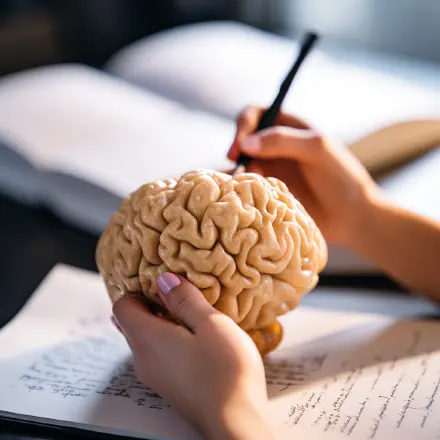
As humans, we are constantly learning and problem solving in various aspects of our lives. Whether it’s learning a new skill or solving a complex problem at work, our ability to learn and solve problems is crucial for personal and professional growth. However, the way we approach learning and problem solving can significantly impact our success in these areas. This is where metacognition comes in.
What is Metacognition?
Metacognition refers to our ability to think about our own thinking. It involves being aware of our own cognitive processes, such as attention, memory, and comprehension, and using that awareness to regulate and control those processes. In other words, metacognition allows us to monitor and control our own learning and problem solving.
The Role of Metacognition in Learning
Metacognition plays a critical role in effective learning. When we are aware of our own cognitive processes, we can identify areas where we need to improve and make necessary adjustments. For example, if we are having trouble understanding a new concept, we can use metacognitive strategies to break it down into smaller parts, ask questions, and relate it to prior knowledge. By doing so, we can improve our comprehension and retention of the information.
Metacognition also helps us to become more self-directed learners. When we are aware of our own learning processes, we can set goals, monitor our progress, and adjust our strategies accordingly. This can help us to become more efficient and effective learners.
The Role of Metacognition in Problem Solving
Metacognition is also crucial for effective problem solving. When faced with a problem, metacognition allows us to step back and evaluate our own problem-solving strategies. By doing so, we can identify areas where we may be getting stuck and develop new strategies to overcome those obstacles.
Metacognitive strategies, such as brainstorming and planning, can also be effective in problem solving. These strategies allow us to break down complex problems into smaller parts and develop a plan of action to solve them. By using metacognitive strategies, we can approach problems in a more systematic and effective way.
Developing Metacognitive Skills
While metacognition is a natural part of human cognition, we can also develop and improve our metacognitive skills. Here are some strategies for developing metacognitive skills:
- Reflect on your own learning and problem-solving strategies
- Set goals and monitor your progress
- Use self-questioning to evaluate your own understanding
- Break down complex problems into smaller parts
- Use planning and organization strategies
- Seek feedback from others
Conclusion
Metacognition plays a crucial role in effective learning and problem solving. By being aware of our own cognitive processes, we can monitor and control our own learning and problem solving. This allows us to become more self-directed learners and approach problems in a more systematic and effective way. By developing our metacognitive skills, we can improve our ability to learn and solve problems, which can lead to personal and professional growth.

